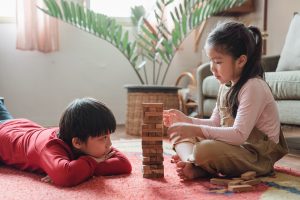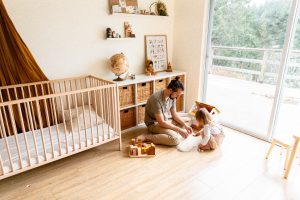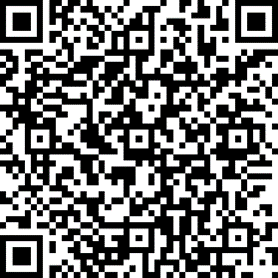Tamara Schmidt, PhD student, is conducting a project on early communication in children who only speak English at home. The project is being supervised by Professor Ludovica Serratrice (University of Reading, UK) and Professor Dr. Stephan Sallat (Martin Luther University Halle-Wittenberg, Germany). The PhD project is funded by the Konrad Adenauer Foundation and Martin Luther University Halle-Wittenberg and has been approved by the University of Reading Research Ethics Committee.
Who can take part?
We are currently looking for typically developing children who:
- are aged between 24-36 months
- speak only English at home
- have a regular 2-year check-up
- have typical vision and hearing
Unfortunately, at this stage of the project, we cannot offer participation if your child belongs to a risk group, if you have concerns about your child’s physical, language, or behavioural development (language delay; atypical development at the 2-year child development check; presence of diagnoses or significant health conditions), or if your child grows up bilingual. We hope to extend our research group in the future.
All children will receive a small thank-you gift for their participation in the study.
What is this project about?
The study is looking at how children between the ages of 2 and 3, who speak only English at home, communicate with an adult (parent/carer) in a series of games that require collaboration. Successful communication relies on the ability to understand someone else’s point of view, share attention, and ultimately use language effectively. These are all complex skills that take time to develop.
In our study we are focusing on the emergence of these skills in toddlers in the context of collaborative games that will be compared to questionnaires and checklists about the child’s language, social-emotional and communicative state of development, filled in by the child’s parents.
Why are we doing this project?
Early communication depends on several factors, such as a child’s language, behavioural and cognitive skills. Sometimes, communication does not work so well, but it is unclear why. To find out more about this, we first need to look at how communication works when it is successful.
It is difficult to assess communication in young children. This is why the project also aims to develop and contribute a set of tasks that will allow us to have a closer look at a child’s early communication skills going forward. In the future, this may help to detect communication difficulties early.
Where and when will the project take place?
The project will be conducted online, and you can choose to complete the study flexibly at a time of your convenience from your home.
What will I and my child have to do?
The study involves filling in some questionnaires and checklists, and you and your child will video record yourselves engaging in up to five play scenarios. The tasks are in the form of games that children typically find engaging, like furnishing a house or dressing a toy. The games will be presented in digital books, they can be done individually and will take a maximum of 10-15 minutes per game. These digital books will guide you through the games in a step-by-step manner. You will use your personal devices to make the video recordings and to go through the digital materials of the study.
This book gives a brief overview of four games you will be asked to record: https://bit.ly/2LTgagP
Making headway during the pandemic
We have collected data in four waves of recruitment. So far, 21 families have provided brilliant data, and we are busy transcribing and coding the sets of videos.
A big THANK YOU to everyone who got involved in this new and exciting format of data collection. Thanks to you we can progress and make headway in the area of early child communication.
The 5th wave of recruitment has started now, and we are looking for children aged 22-24 months, and children ages 34-36 months in particular.
If you would like to know more about this project, please feel free to e-mail Tamara at t.schmidt@pgr.reading.ac.uk.
If you and your child would like to take part in the study, please read the study’s information sheet and click the link or use the code below to register your interest and consent:



